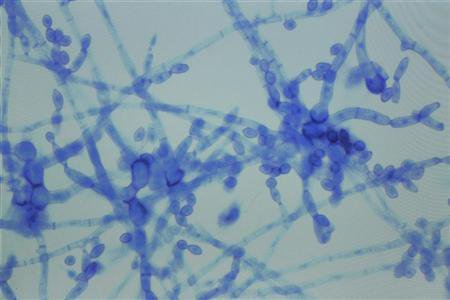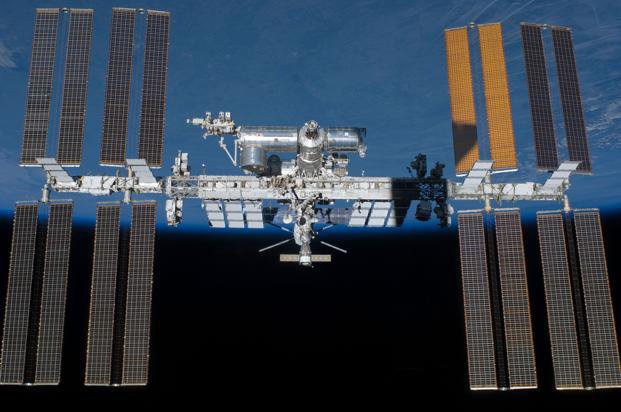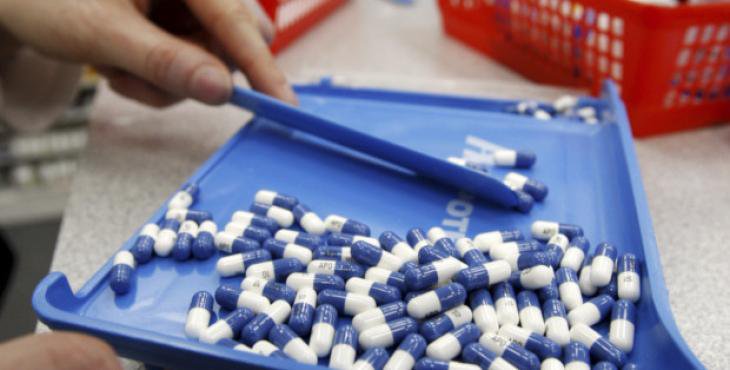For the first time, fungi will be sent to the International Space Station (ISS) in search for novel medicines to be used both in space and on Earth, scientists, including one of Indian-origin, say.
Certain types of fungi produce very important molecules called secondary metabolites that are not essential for their growth or reproduction but can be used to make beneficial medicines, they added.

Examples of secondary metabolites include the antibiotic penicillin and the cholesterol-lowering drug lovastatin. Researchers at the University of Southern California (USC) and NASA’s Jet Propulsion Laboratory (JPL) in US said they would be the first team in the world to launch fungi to the ISS.
The stressful environment of the ISS could trigger changes in physiological responses (such as gene expression) and metabolism of a well-studied fungus called Aspergillus nidulans, said Clay Wang, a professor at USC.
Wang, who heads the USC-JPL collaborative study further said,
The high-radiation, microgravity environment in space could prompt Aspergillus nidulans to produce molecules it doesn’t create in Earth’s less stressful conditions. We’ve done extensive genetic analysis of this fungus and found that it could potentially produce 40 different types of drugs. The organism is known to produce osteoporosis drugs, which is very important from an astronaut’s perspective because we know that in space travel, astronauts experience bone loss.
Researchers will send specimens of Aspergillus nidulans to the ISS aboard the SpaceX CRS-8 mission on April 8.

Scientists said molecules from Aspergillus nidulans have the potential to be used in anti-cancer, anti-fungal and Alzheimer’s disease studies.
Kasthuri Venkateswaran, senior research scientist at JPL, said the new compounds that might be produced in space could be valuable for humankind. Four different Aspergillus nidulans strains will be stored at 4 degrees Celsius and placed in the payload of SpaceX CRS-8.

Once the spacecraft reaches the ISS, the fungi will be placed in ideal growth conditions at 37 degrees Celsius, where they will remain for either four or seven days. Then the fungal payload will be cooled to 4 degrees Celsius. In May, the samples will be returned to the team to analyse the data with a control sample grown on Earth.

















